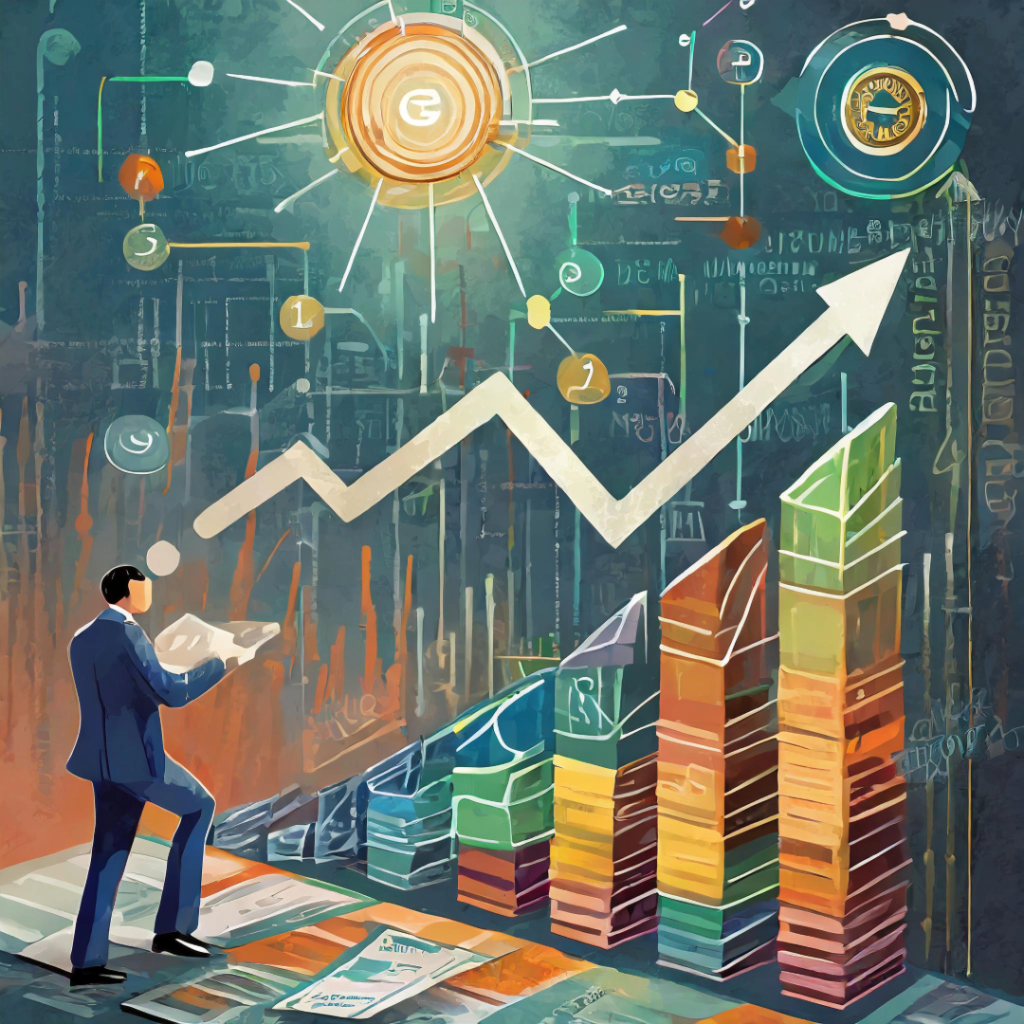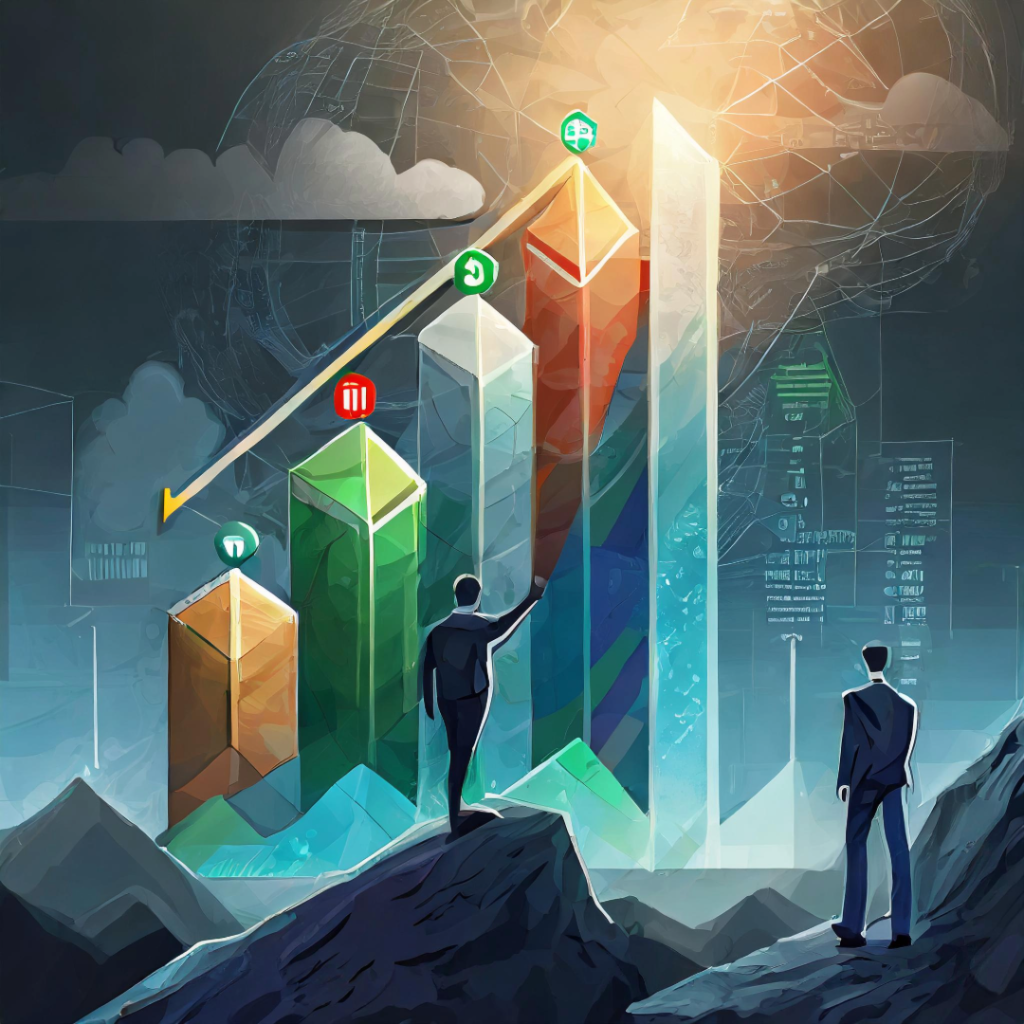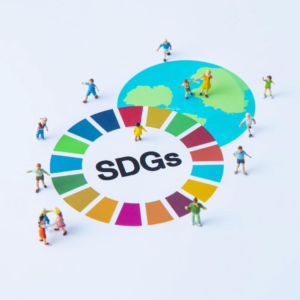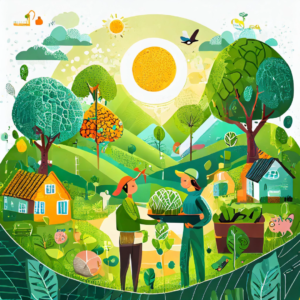Unlocking the Potential of Sustainable Development Goals
The Sustainable Development Goals (SDGs) emerge from the Millennium Development Goals (MDGs), which concluded in 2015. The MDGs, established in 2000, comprised 8 anti-poverty objectives, such as reducing extreme poverty and child mortality rates, and improving maternal health. However, they faced criticism for their narrow focus and lack of sustainability considerations.
The UN Conference on Sustainable Development (Rio+20) convened in Brazil in 2012, heralding the need for sustainable development goals post-MDGs. An Open Working Group was commissioned to delineate these goals and targets. Their proposition, encompassing 17 goals and 169 targets, formed the foundation for the SDGs.
In 2015, all UN member states adopted the SDGs as part of the 2030 Agenda for Sustainable Development, expanding on the MDGs by integrating economic, social, and environmental dimensions. The 17 SDGs envision a more equitable, just, and sustainable future.

SDG Implementation Dynamics
Implementing the SDGs necessitates concerted efforts from governments, civil society, businesses, and individuals globally. While the UN facilitates, actual mobilization occurs at national and local levels.
Government’s Central Role
Governments bear primary responsibility for SDG implementation, entailing integration into national development plans and policies, establishment of institutional frameworks, stakeholder engagement, budget allocation, and robust data collection systems.
NGOs’ Advocacy and Action
Non-governmental organizations (NGOs) play a pivotal role in advocating for the SDGs, raising awareness, holding governments accountable, and mobilizing resources. They aid implementation through service delivery, capacity building, and community engagement.

Private Sector’s Responsibility
The private sector contributes to SDG implementation via responsible business practices, sustainable investments, and strategic alignment of sustainability initiatives with the SDGs. Companies engage in core business activities, philanthropy, and partnerships to advance sustainable development.
Individual Contributions Matter
Individual citizens contribute to the SDGs through lifestyle changes, civic engagement, volunteerism, political participation, and support for sustainable development organizations. Collective small actions yield significant impact.

Progress Monitoring and Challenges
The global indicator framework tracks SDG progress, supplemented by annual voluntary national reviews at the UN High-level Political Forum and independent monitoring by civil society and research bodies. However, challenges persist:
Developing countries encounter obstacles like technical capacity deficits, inadequate infrastructure, and resource scarcity.
Lack of coordination across government departments, between different levels of government, and with stakeholders impedes progress.
Bridging financing gaps requires domestic resource mobilization, blended finance models, and increased overseas development aid.
Critiques of the SDGs encompass concerns about broadness, Western bias, and lack of accountability mechanisms.
Despite these challenges, the SDGs provide a transformative vision for a sustainable future. Strong leadership, multi-stakeholder partnerships, and a whole-of-society approach are imperative for SDG realization by 2030. The ensuing decade marks a critical juncture in global sustainable development endeavors.
To know more about SDGs and UPSC Exam Preparation – Click Here
To know more about Innovations That Can Accelerate the SDGs – Click Here




